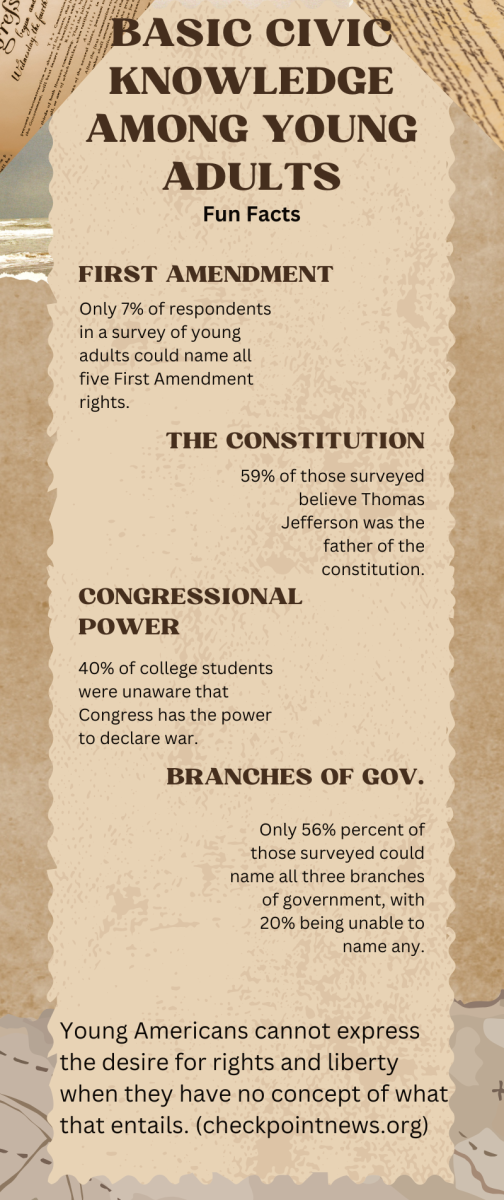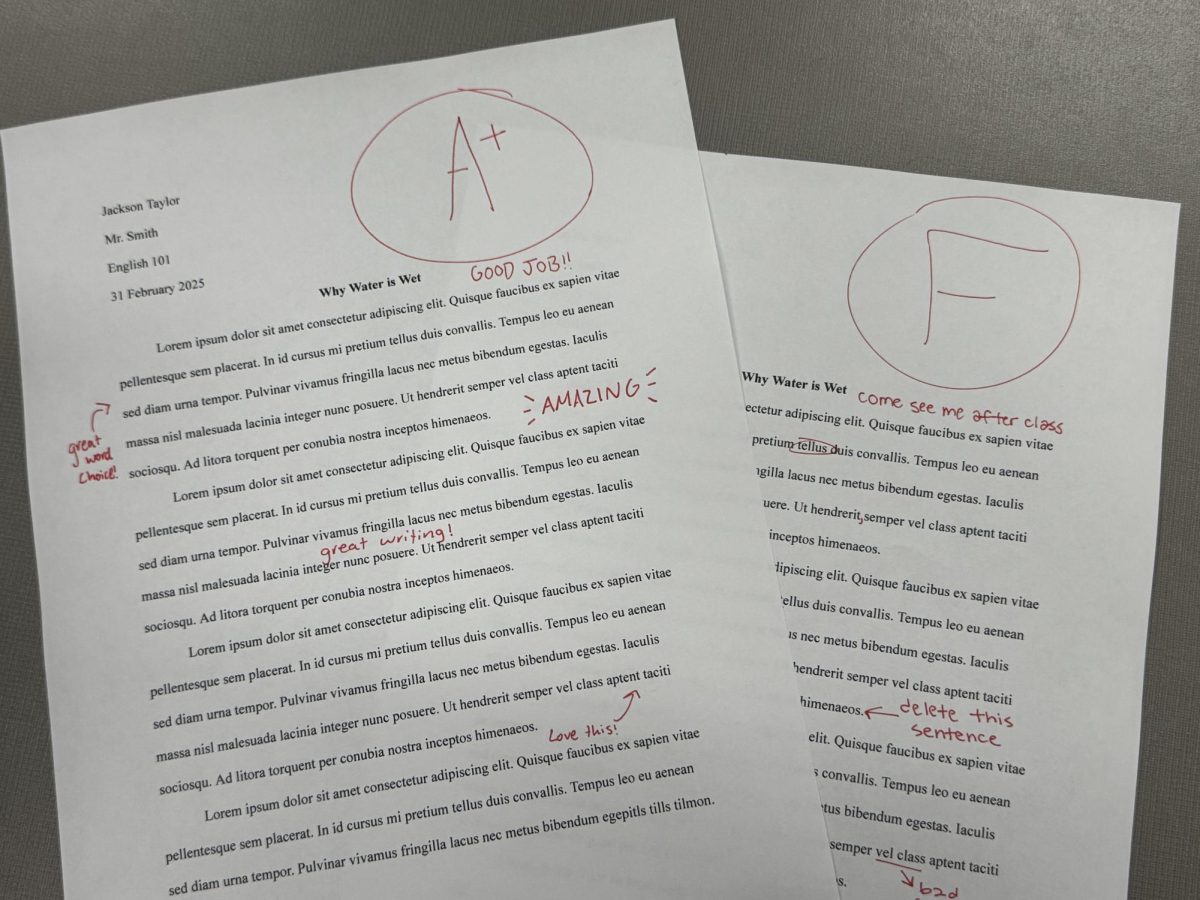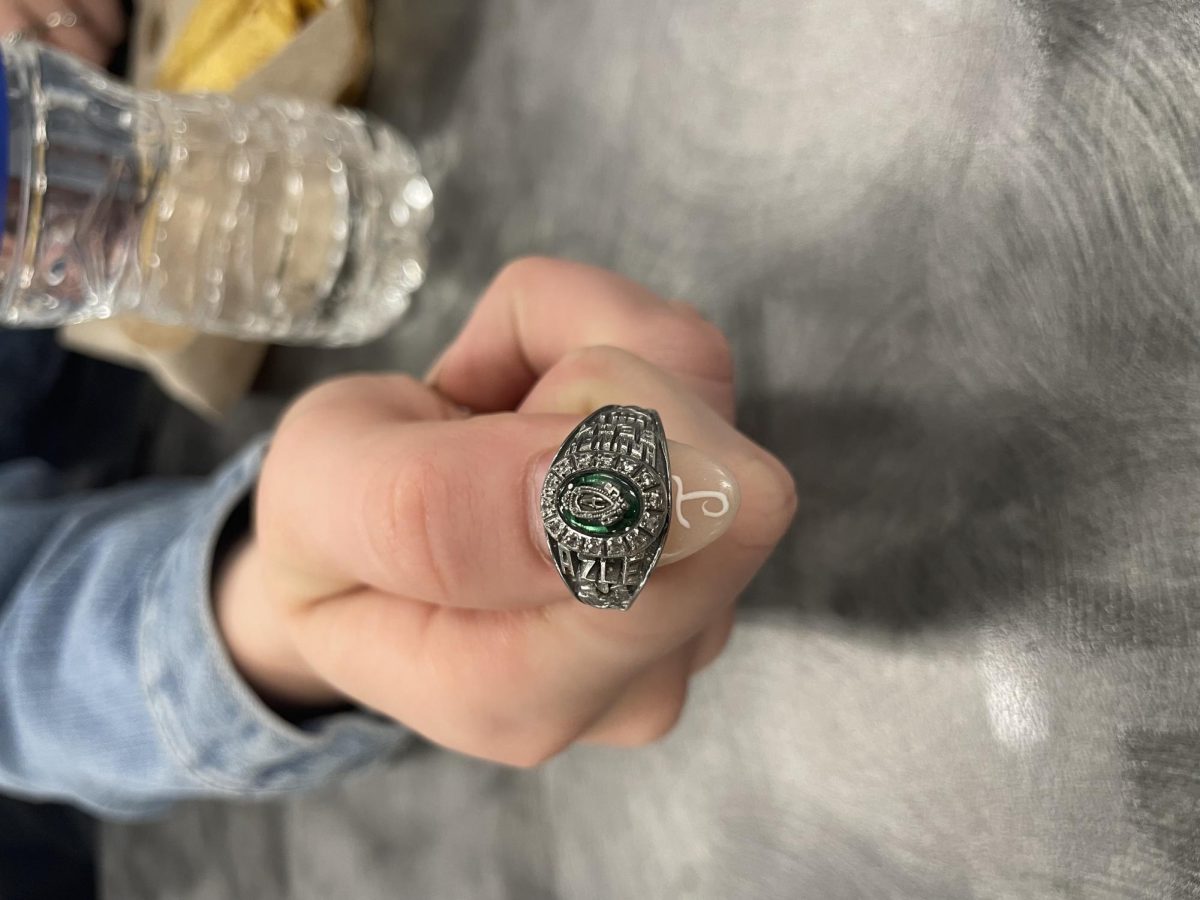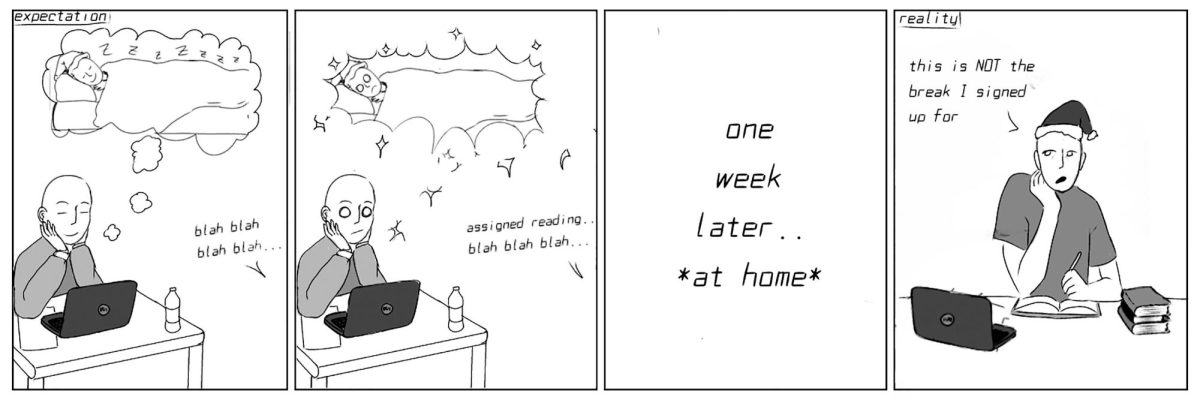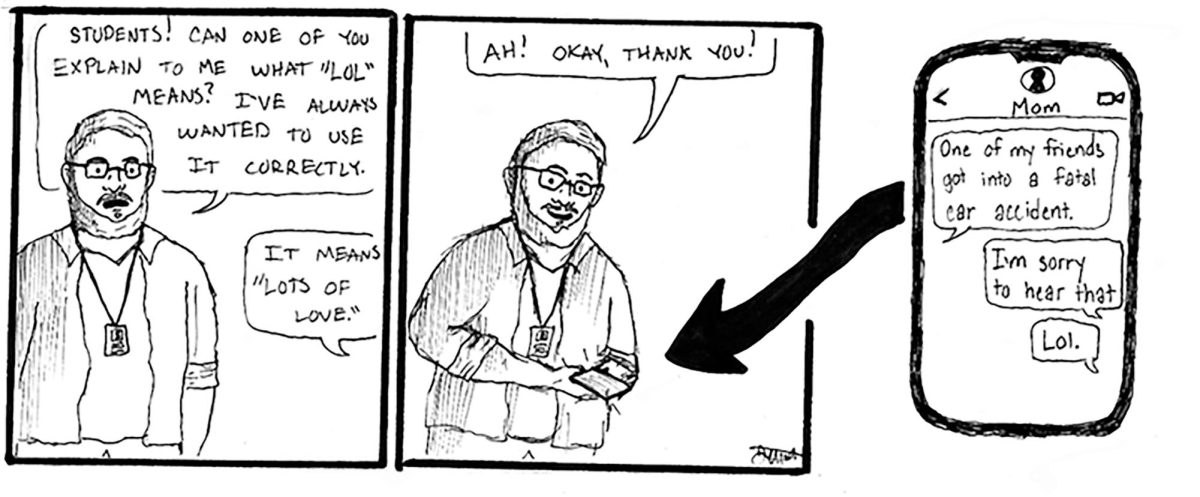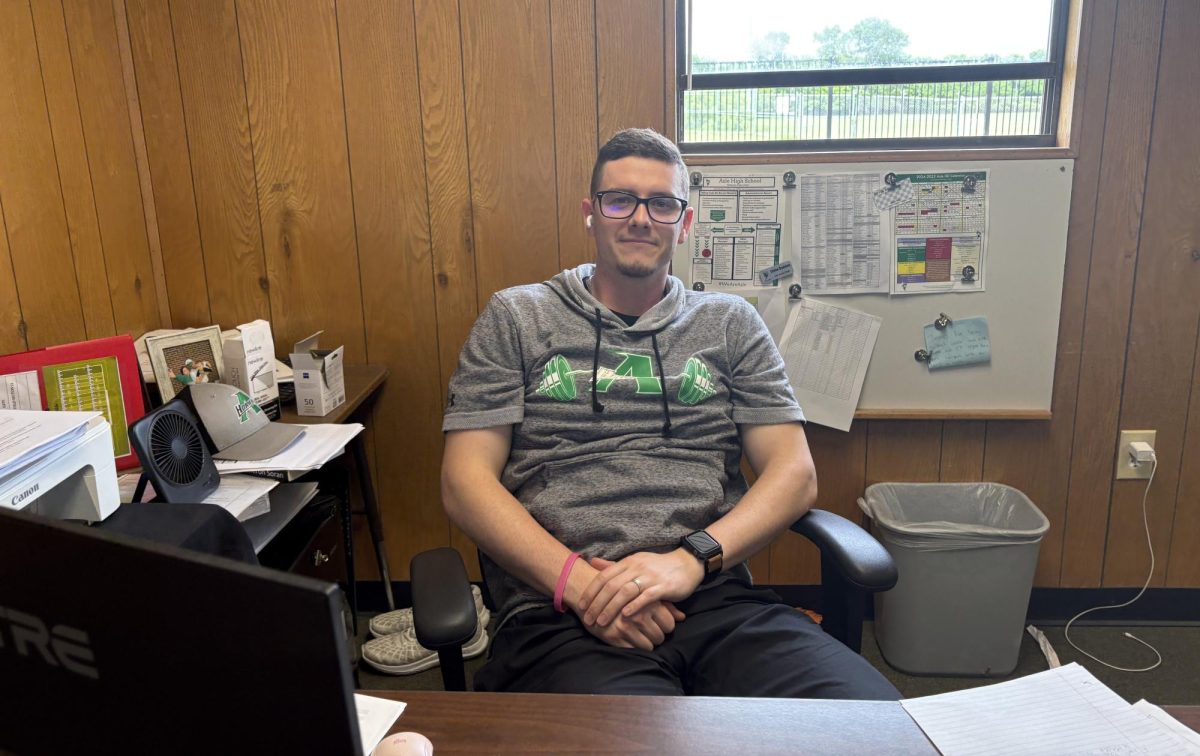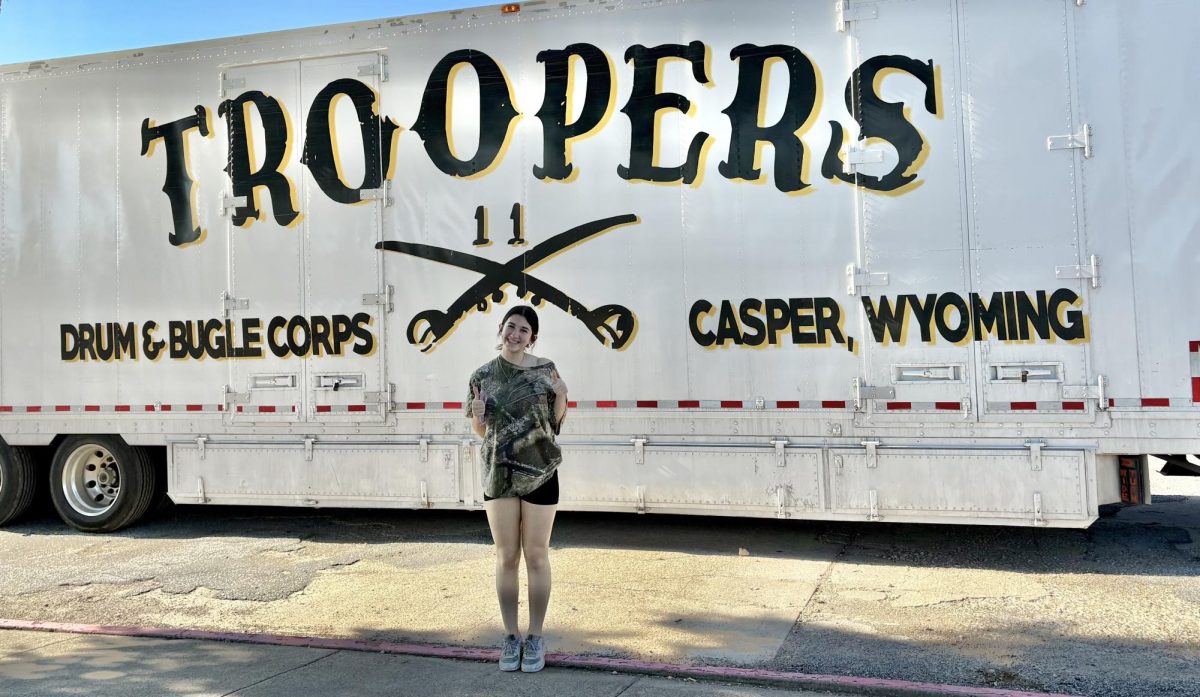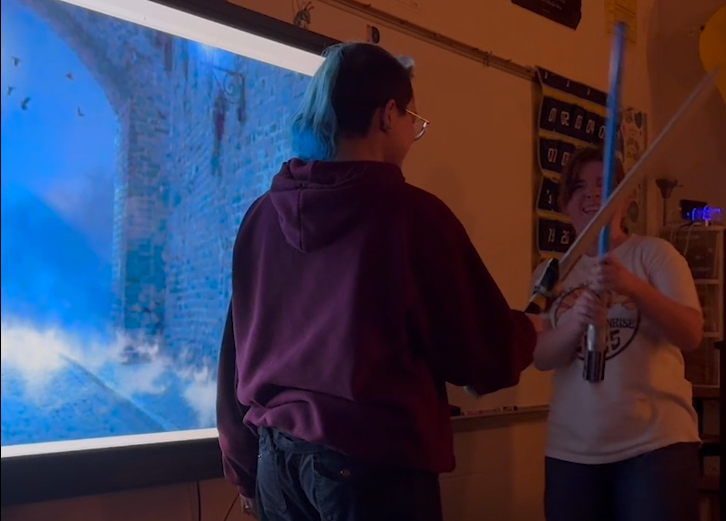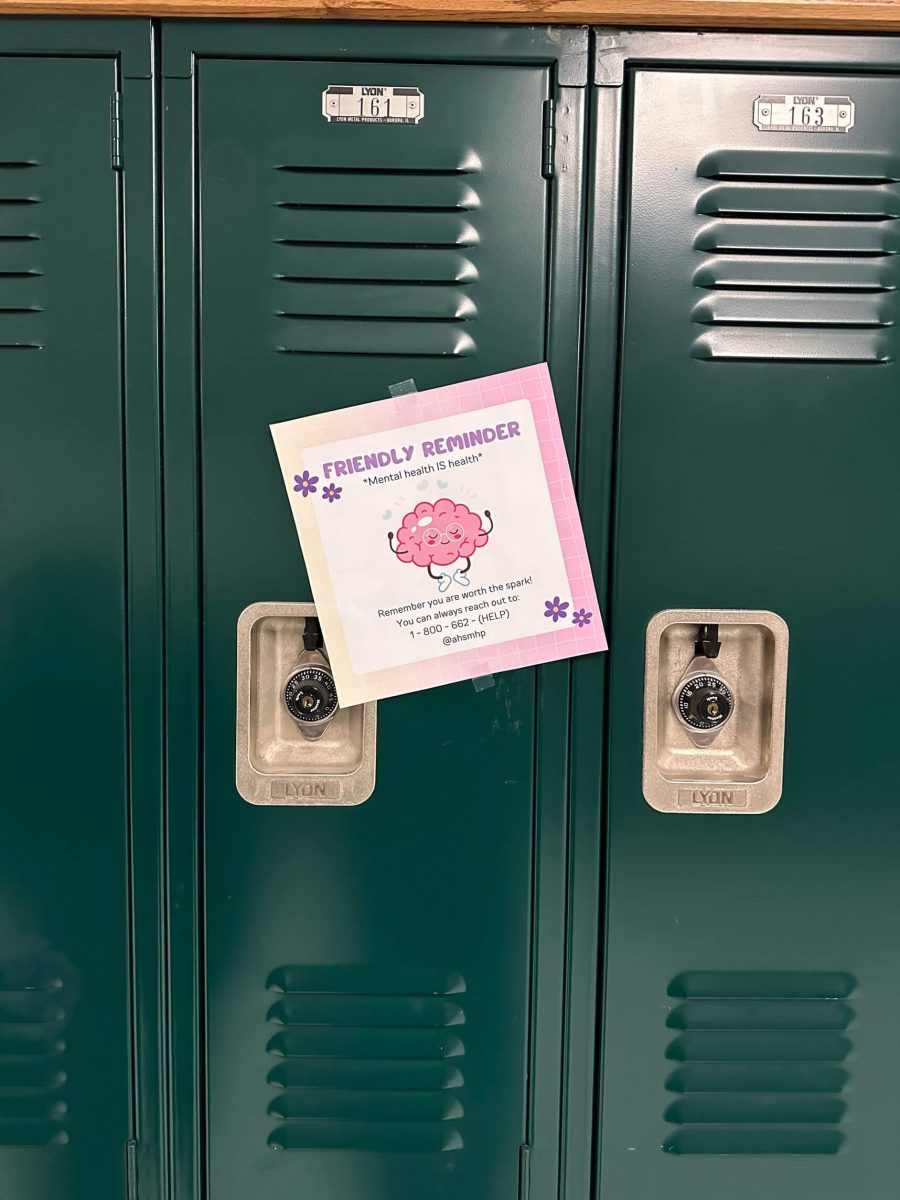Money InCENTives
How You Can Start Saving Money
Economics has taught us to think about opportunity cost, and if you take it to heart, you save more money than you spend because you think a little too hard before spending that hard-earned cash. Saving money can sometimes be difficult, especially as a teenager. Not because of terrible impulse control, but because teenage life throws a lot of expensive curveballs. Some kids have to help pay for their phone bills, other kids just enjoy going out with their friends, which often means money spent on food, gas and other costly items. However, if you have a part-time job and need to save as much as possible for college, then most of your money goes into savings. So here’s how I do it and how you can do it, too.
I make nine dollars an hour which, in retrospect, isn’t necessarily a lot, but I make it last. I normally work four days a week, 6-7 hour shifts at Moe’s Country Kitchen, so I have some money to play around with. If I can, I put one hundred dollars away every week because I get paid weekly. If you get paid biweekly, try to put two hundred away every two weeks if you can. After putting money away, I make sure that I have money for gas. If I don’t have much to get through the week, I’ll tell my friends that I won’t be able to go out and get food or go thrift store shopping, and that helps me save up more for the following week as long as I don’t spend on things I don’t need. If I have a good paycheck and I’ve put away my money for the week, but I also know that I need to start saving up for something else, I’ll do it in increments. For example, my parents have birthdays coming up, so I’ll put as much as I can away, then I’ll put an extra $20 in my piggy bank to make sure I have money to dip into later on. This is a really good tactic for those who have a job, because not only are you actively saving money, you’re also teaching yourself not to spend money on things you don’t truly need.
Maybe it’s a little too difficult to save money, even though it’s necessary. If that’s the case, try setting up a rewards system. Set a certain amount of money as your goal. Say you set your goal at $500, and once you’ve reached that goal, you treat yourself to something that you’ve been wanting, but not something that will take from what you’ve saved. This is a good starting incentive to save up as much money as possible while also setting boundaries that will be helpful later on in life. So even if it’s hard, try these tactics out to start your money-saving journey,

My name is Angel Brown and I'm a senior. I'm a team editor and social media manager this year. Along with newspaper, I'm also in National Honor Society,...





























